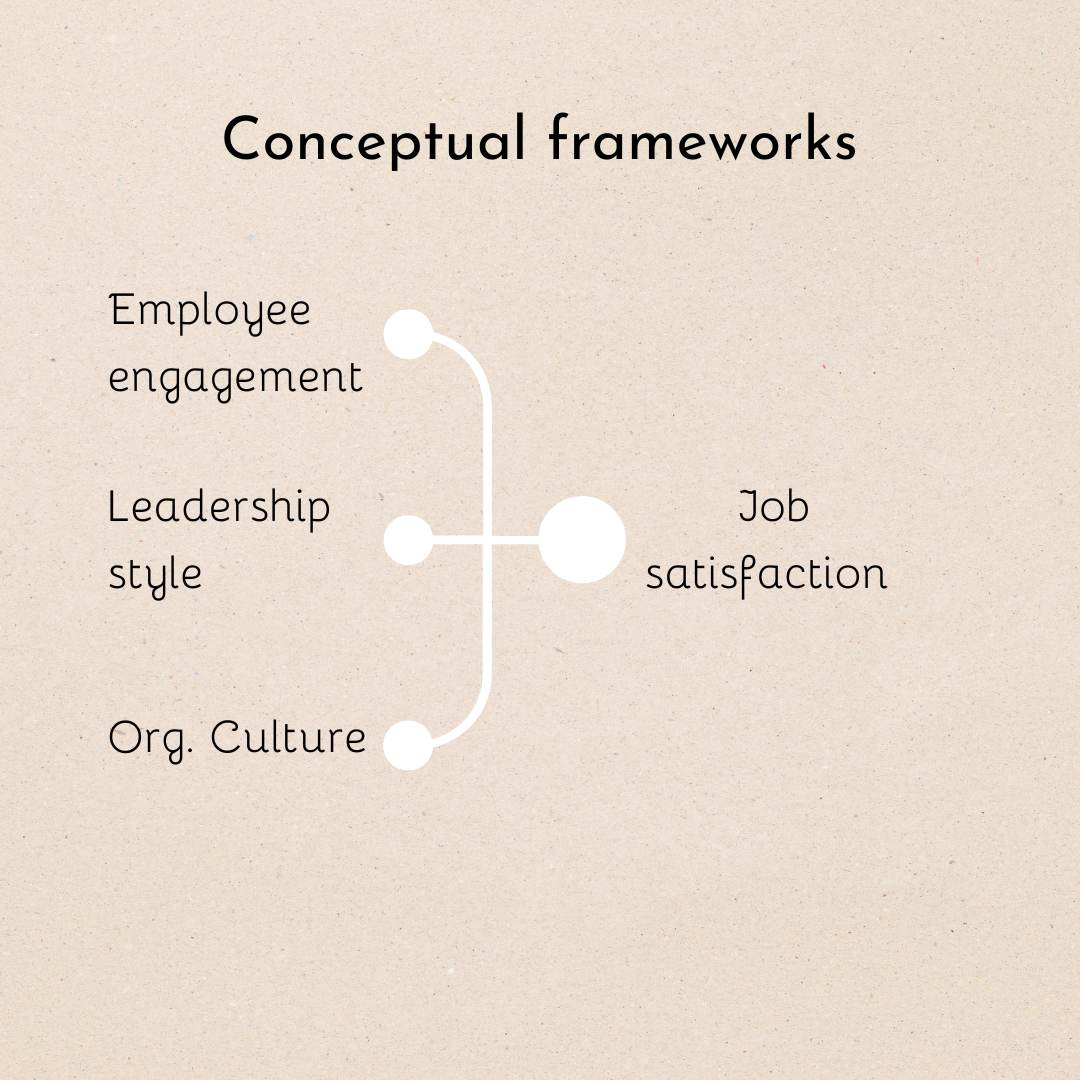When embarking on your dissertation journey, especially in quantitative research, you might come across the term “conceptual framework.” It’s a critical element that links the key components of your study, guiding its direction and ensuring that all aspects work together cohesively. But what exactly is a conceptual framework, and how can you use it effectively? Let’s explore.
What is a Conceptual Framework?
A conceptual framework is a structure that defines the concepts, variables, and relationships you will explore in your dissertation. It serves as a visual or narrative guide, showing how your research problem, literature review, and methodology align. Think of it as a map that clarifies the path your research will take while providing justification for the approach you’ve chosen.
Conceptual frameworks are particularly common in quantitative research, where the focus is often on testing relationships between variables. They reflect your understanding of the key theories, models, and concepts relevant to your study and are typically developed from a thorough review of existing literature.

Why is a Conceptual Framework Important?
- Clarifies Your Research Problem
By outlining the key concepts and relationships, your framework ensures your research stays focused and aligned with your objectives. - Guides Your Methodology
A clear framework informs decisions about data collection methods and analysis techniques, ensuring they fit your study’s goals. - Connects to Existing Knowledge
It links your study to the broader academic conversation, highlighting its relevance and contribution. - Supports Your Results and Discussion
When analysing and interpreting findings, your framework acts as a reference point for understanding the relationships between variables.
Building an Effective Conceptual Framework
- Review the Literature Thoroughly
Begin by identifying the key concepts, variables, and theories relevant to your study. Pay close attention to how these have been defined and explored in previous research. - Define Your Key Concepts
Clearly specify what each concept means in the context of your study. For example, if your research involves “job satisfaction,” make sure to define how you are measuring or understanding it. - Identify Relationships
Use your framework to explain how the concepts or variables interact. Are you exploring causal relationships, correlations, or influences? Diagrams can be particularly useful for visualising these links. - Tailor It to Your Research Question
Your framework should directly support your research aims. Avoid generic models; instead, create a structure that reflects the specifics of your study. - Explain Your Choices
Clearly justify why you selected particular concepts or relationships and how they relate to your objectives. This explanation adds credibility to your work.
Common Pitfalls to Avoid
- Overcomplicating the Framework
Keep it straightforward. Adding too many elements can make your framework confusing and difficult to follow. - Neglecting the Literature
A poorly conducted literature review will weaken your framework. Ensure that your choices are based on robust and relevant research. - Lack of Consistency
Your conceptual framework should align seamlessly with other parts of your dissertation, including your methodology and findings.
How Academic Coaching Can Help with Conceptual Frameworks
Building a conceptual framework can be challenging, particularly if you’re new to quantitative research or find it difficult to define relationships between variables. Academic coaching offers personalised guidance to help you navigate this process.
An academic coach can work with you to identify relevant concepts, establish clear relationships, and ensure your framework aligns with your research question. They can also provide feedback on your framework’s clarity, coherence, and presentation. Whether you need help selecting literature or justifying your choices, coaching offers a supportive environment to overcome obstacles.
By working with an academic coach, you can develop a strong, effective conceptual framework that enhances the quality and clarity of your dissertation.
Conclusion
A conceptual framework is an essential component of many dissertations, particularly in quantitative research. It provides structure to your study by defining key concepts and their relationships. By grounding your framework in a thorough review of the literature and maintaining a clear connection to your research question, you can create a framework that strengthens your entire project. If you need extra guidance, academic coaching can provide the tailored support you need to succeed.